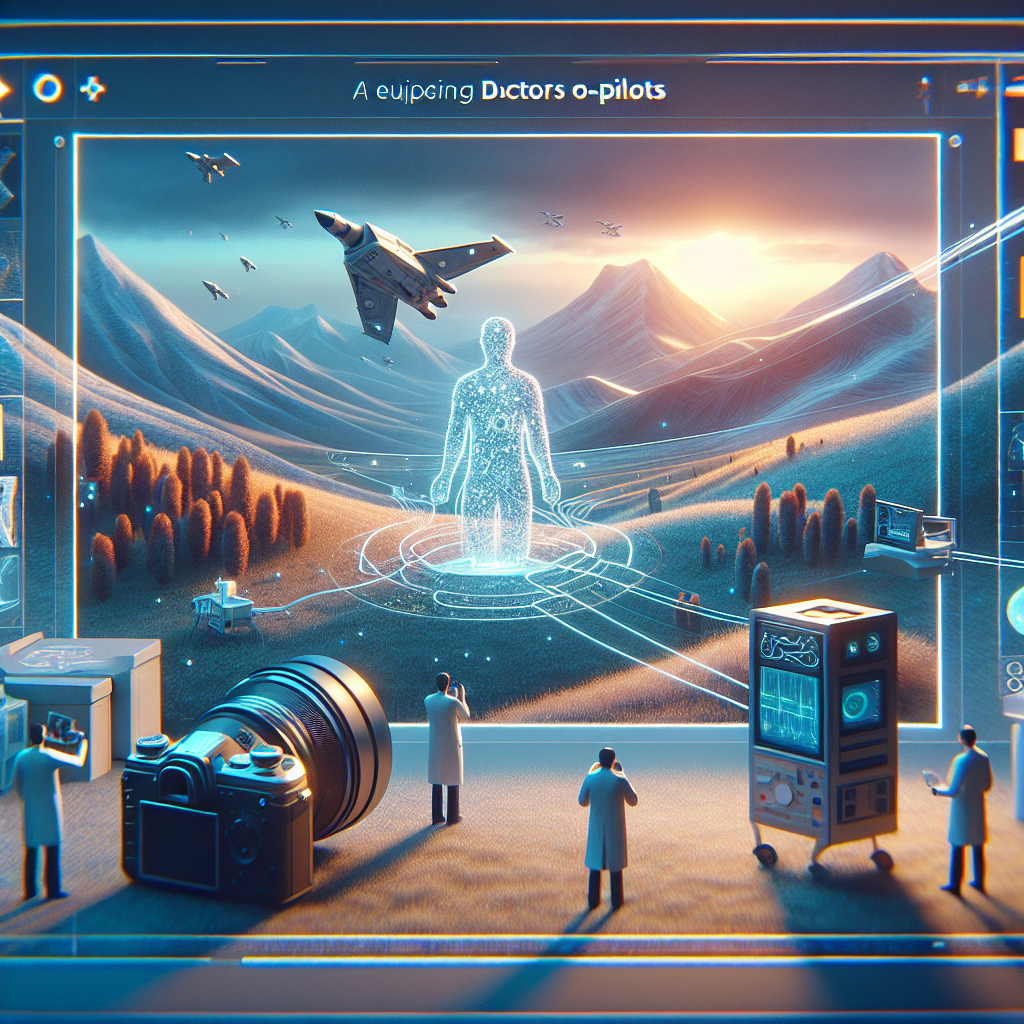Equipping doctors with AI co-pilots
AI Co-Pilots: A New Era in Healthcare
Artificial Intelligence (AI) is revolutionizing the healthcare industry by providing doctors with AI co-pilots. These AI systems are designed to assist doctors in diagnosing diseases, predicting patient outcomes, and personalizing treatment plans.
AI in Diagnosis
AI co-pilots are proving to be a valuable tool in diagnosing diseases. They can analyze vast amounts of data in seconds, identifying patterns and anomalies that could indicate a disease. This not only speeds up the diagnostic process but also increases its accuracy.
- AI can analyze medical images, such as X-rays and MRIs, to detect diseases like cancer and heart disease.
- It can also analyze patient symptoms and medical history to suggest possible diagnoses.
AI in Predicting Patient Outcomes
AI co-pilots can also predict patient outcomes based on their current health status and medical history. This can help doctors make informed decisions about treatment plans and patient care.
- AI can predict the likelihood of a patient developing a certain disease in the future.
- It can also predict how a patient will respond to a particular treatment based on their genetic makeup and other factors.
AI in Personalizing Treatment Plans
AI co-pilots can help doctors personalize treatment plans for each patient. By analyzing a patient’s genetic makeup, lifestyle, and other factors, AI can suggest treatments that are most likely to be effective for that individual.
- AI can suggest personalized treatment plans for diseases like cancer, diabetes, and heart disease.
- It can also suggest lifestyle changes that could improve a patient’s health and prevent disease.
Conclusion
AI co-pilots are transforming the healthcare industry by assisting doctors in diagnosing diseases, predicting patient outcomes, and personalizing treatment plans. By analyzing vast amounts of data in seconds, AI can provide insights that help doctors make informed decisions about patient care. As AI continues to evolve, it is expected to play an even bigger role in healthcare, improving patient outcomes and making healthcare more efficient and effective.














